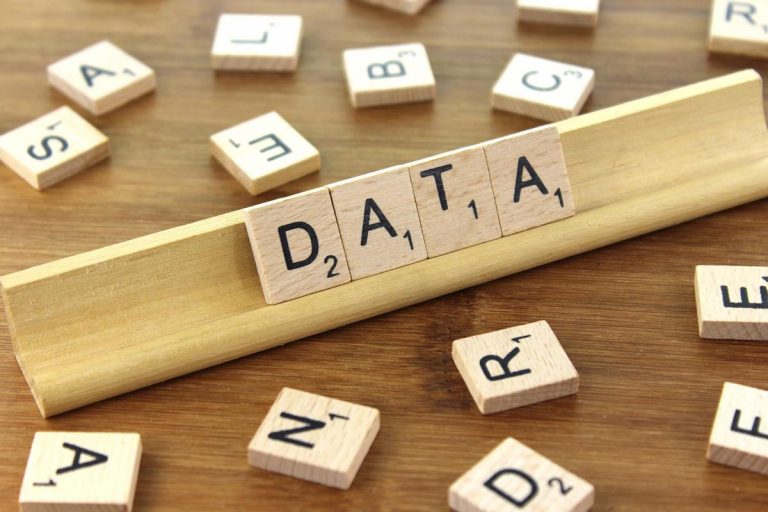Data commons is a citizen-centric approach to data governance. In data commons, data is self-controlled and available for broader communal use, with appropriate outcomes for privacy protection and value distribution.
Digital transformation offers many opportunities for designing new services and developing solutions for societal challenges. At the same time, digitalisation brings about increasing complexity both for people’s daily lives and for the governance of society. Moreover, we can identify multiple imbalances with regard to who reaps the benefits of digitalisation and who stays behind. Society must therefore regain control over the process of digitalisation so that societally optimal outcomes are achieved.
Data is often being referred to as the new oil or the new gold. But apart from being an economic resource, data is also a very personal property. Data is about life, about health and relationships. Data is social, cultural and even political. And finally, data is a very potent resource when held in common. While citizens are at times being fed with fear that ‘their data’ is being scavenged by large corporations, it is rather the aggregate data of many people together that makes it precious. That is to say, while vulnerable and of little ‘worth’ as individual data producers, people have a wealthy resource to share when joined in communities and can determine access and governance together.
Data commons could be seen as a ‘trinity’ of practices that work best if employed together. First is the matter of citizen-centric smart and data systems; second is the matter of shaping cooperation and coordination; third is the development of rules for use. This nexus allows us to consider increasingly sophisticated and comprehensive forms of inclusive governance. In it, the role of governments will consist of a mixture of regulating, leading, participating, and enabling such practices. Other roles can also be made explicit, and enabling technologies and protocols can be identified and advanced.
See also:
- Publication ‘A strategy for urban data’ (report about multi-stakeholder collaboration and data commons)
- Data Commons #1: Fietsdata (bicycle data commons)
